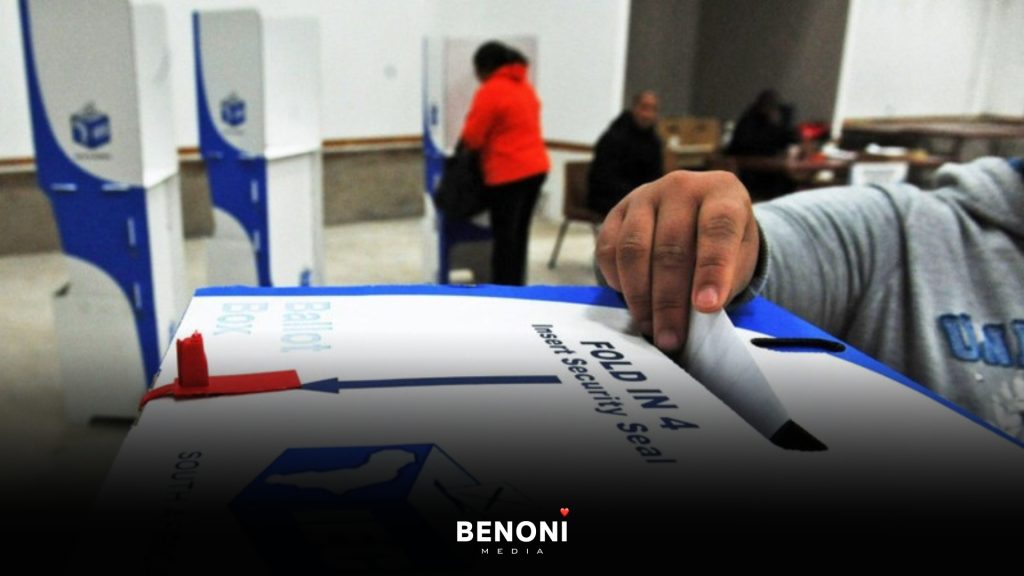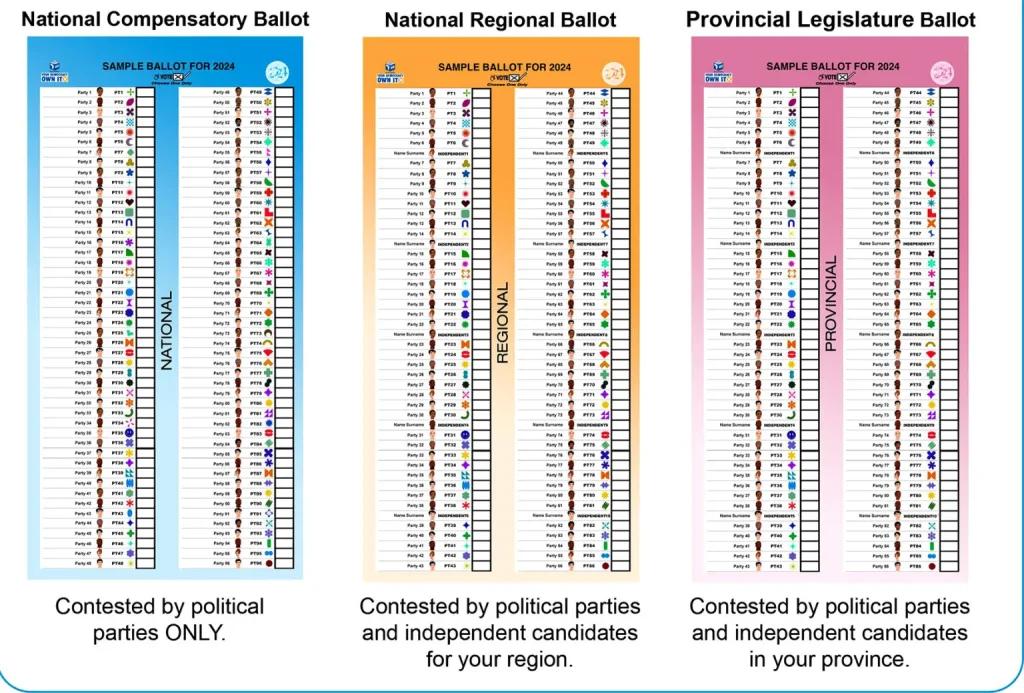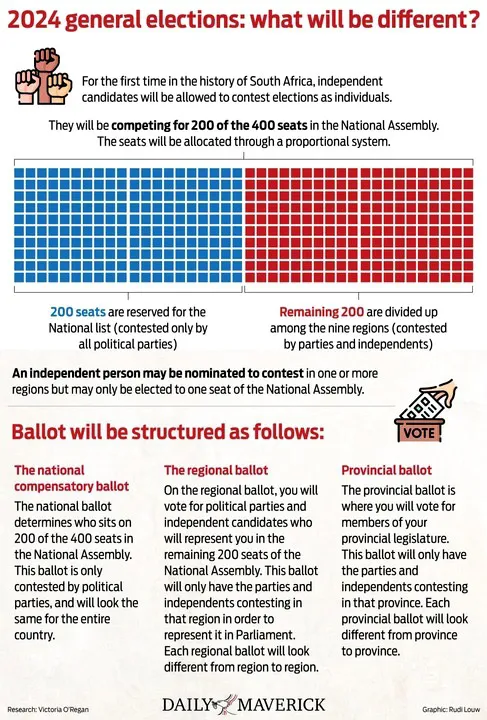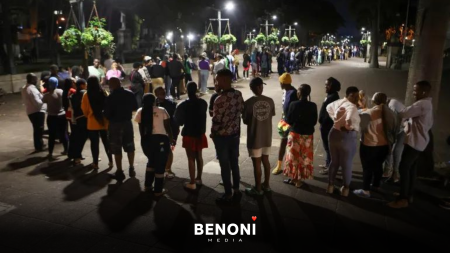In the upcoming national and provincial elections, South Africans will encounter a new voting system involving three ballot papers. This article explores how this system functions and what voters need to know about it.
Background
With the general election approaching on 29 May, the Electoral Commission of South Africa (IEC) along with political parties and civil society organisations are finalising preparations. Notably, this election marks a historic moment as the highest number of political parties in South Africa’s democratic history compete for seats in the National Assembly. Additionally, independent candidates now have the opportunity to participate at both provincial and national levels, marking a significant milestone in the country’s democracy.
Understanding the Three-Ballot System
National Ballot
The new voting system entails three distinct ballots. Firstly, voters will receive the national ballot, which lists the 52 political parties contesting for 200 seats in the National Assembly. Each party is represented by its name, leader’s image, abbreviation, and logo.
Regional Ballot
The second ballot, the regional ballot, allows voters to select political parties and independent candidates competing for the 200 seats reserved for regions in the National Assembly. The allocation of seats among regions is based on the number of registered voters in each region. Unlike the national ballot, this ballot only includes parties and independent candidates competing in a specific region.
Provincial Ballot
Lastly, voters will receive the provincial ballot, which varies according to each province. This ballot enables voters to elect political parties and independent candidates to serve in their respective province’s legislature.
Voting Process and Flexibility
Voters have the flexibility to vote for different parties or independent candidates across the three ballots. Each ballot paper requires a single X mark next to the preferred candidate, emphasising the principle of “one ballot paper, one mark.”
Special Considerations
Voting Outside One’s Province or District
While voters can cast their vote outside their registered province or district on the national ballot, they must notify the IEC of their intention to do so by a specified deadline. However, voting outside one’s region only allows participation in the national ballot.
Special Votes
For those unable to vote on election day, special votes are available on 27 and 28 May within South Africa, and on designated dates at South Africa’s diplomatic missions abroad for citizens residing outside the country.
Conclusion
As South Africa prepares for the upcoming elections, understanding the new three-ballot voting system is crucial for voters to exercise their democratic rights effectively. With careful consideration and participation, citizens can contribute to shaping the future of the nation.










